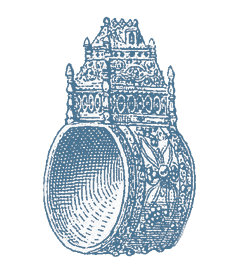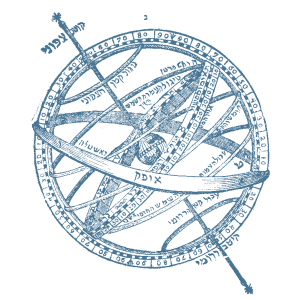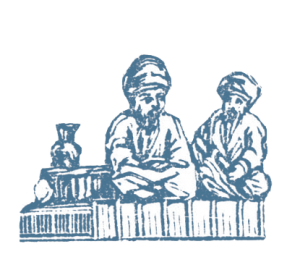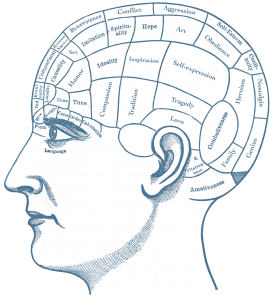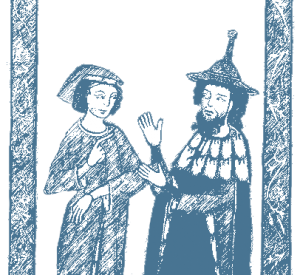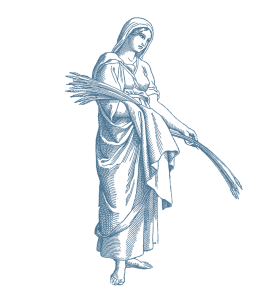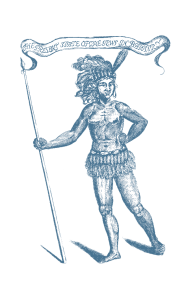Ephraim
Kanarfogel
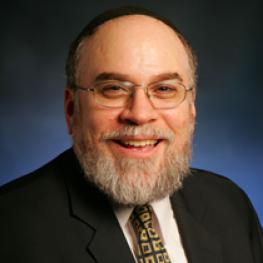
Research Topic
Dreams as a Determinant of Jewish Law and Practice in Northern Europe During the High Middle Ages
Bio
Ephraim Kanarfogel is the E. Billi Ivry University Professor of Jewish History, Literature and Law at Yeshiva University, where he teaches and directs doctoral dissertations at the Bernard Revel Graduate School of Jewish Studies. He researches the fields of medieval and early modern Jewish intellectual history and rabbinic literature
Kanarfogel received his PhD from Yeshiva University’s Bernard Revel Graduate School of Jewish Studies and his rabbinical ordination from the Rabbi Isaac Elchanan Theological Seminary. He is the author or editor of nine books and nearly 100 articles, and is a winner of the National Jewish Book Award, the Association for Jewish Studies’ Jordan Schnitzer Book Prize, and the International Book Award sponsored by the Goldstein-Goren Center for Jewish Thought at Ben-Gurion University of the Negev.
Selected publications
- Brothers from Afar: Rabbinic Approaches to Apostasy and Reversion in Medieval Europe (Wayne State University Press, forthcoming)
- The Intellectual History and Rabbinic Culture of Medieval Ashkenaz (Wayne State University Press, 2012)
- Jewish education and society in the High Middle Ages. Detroit (Wayne State University Press, 1992)
